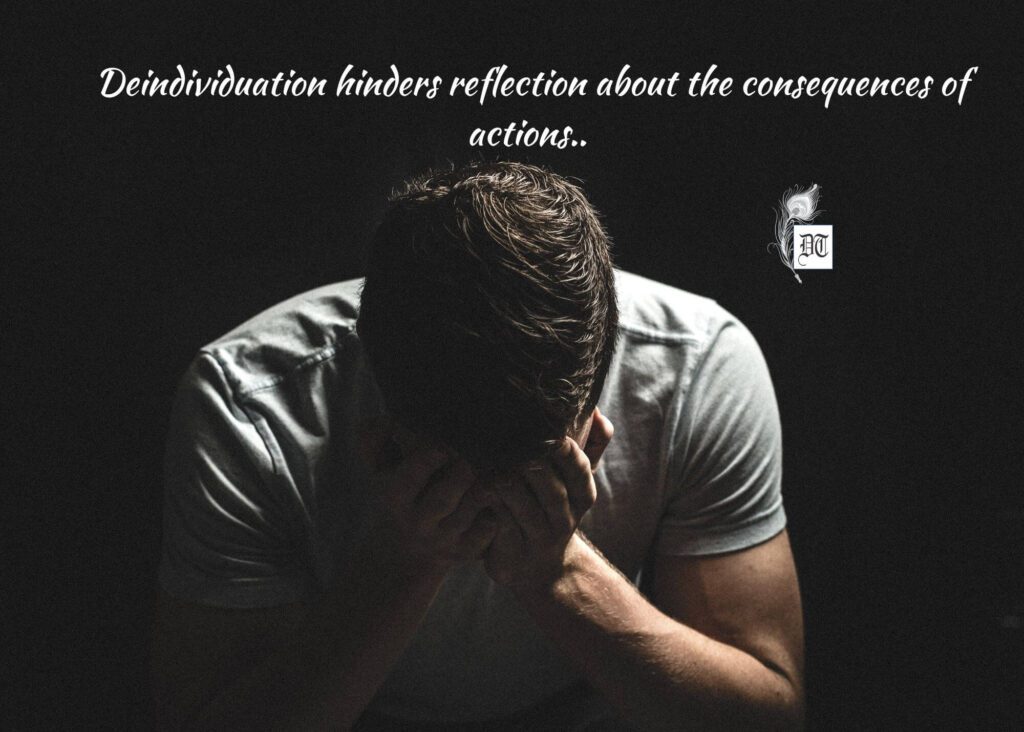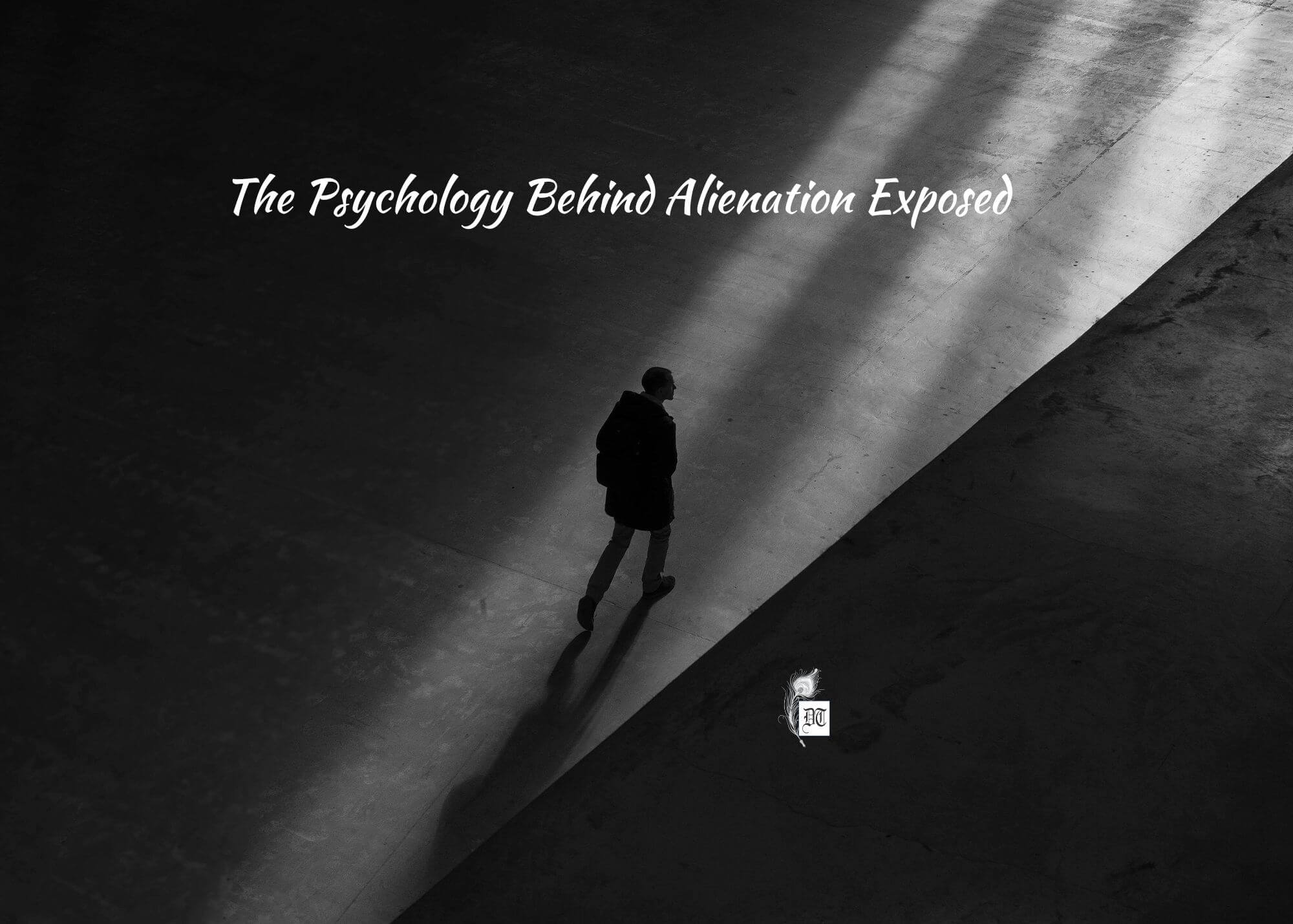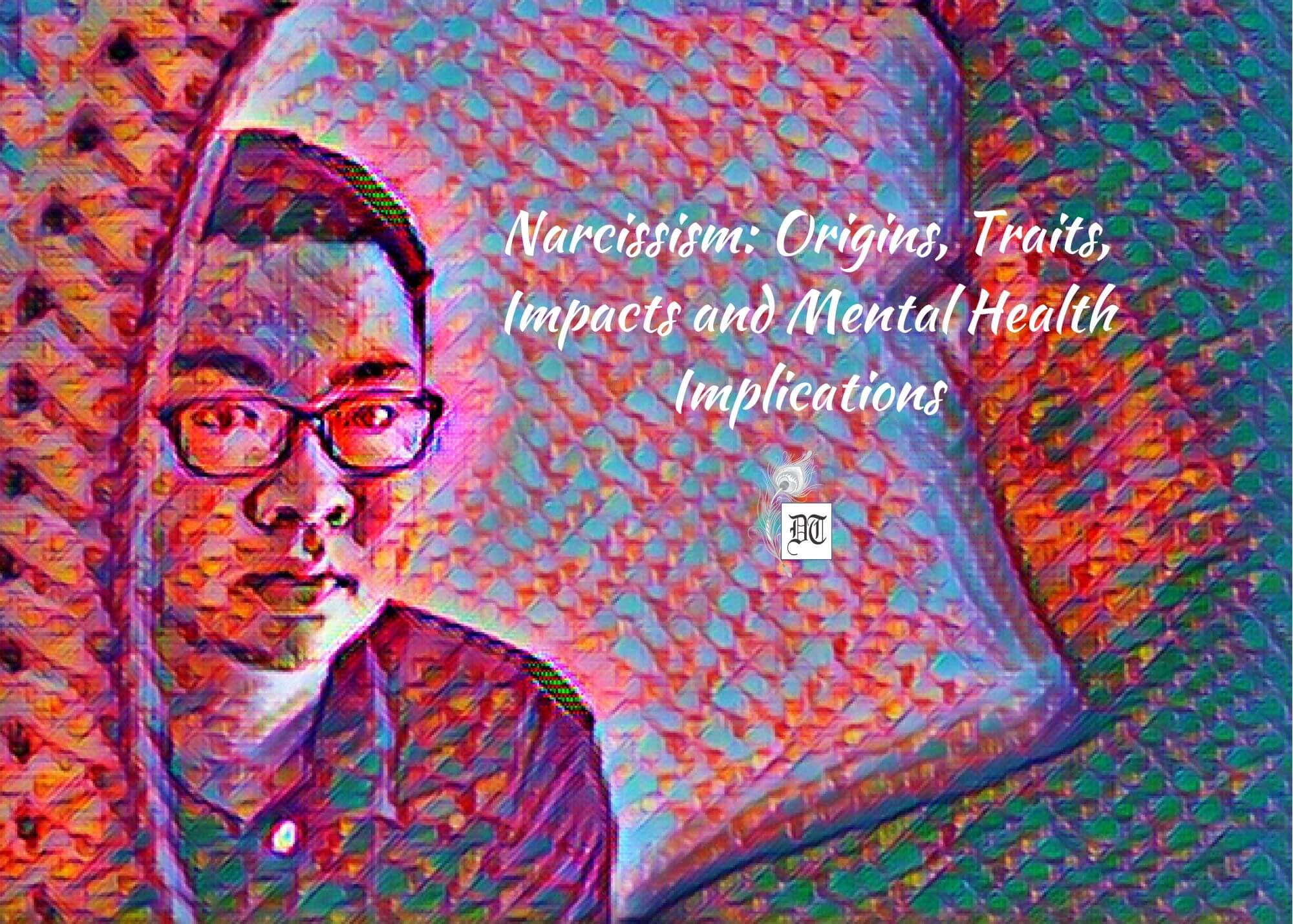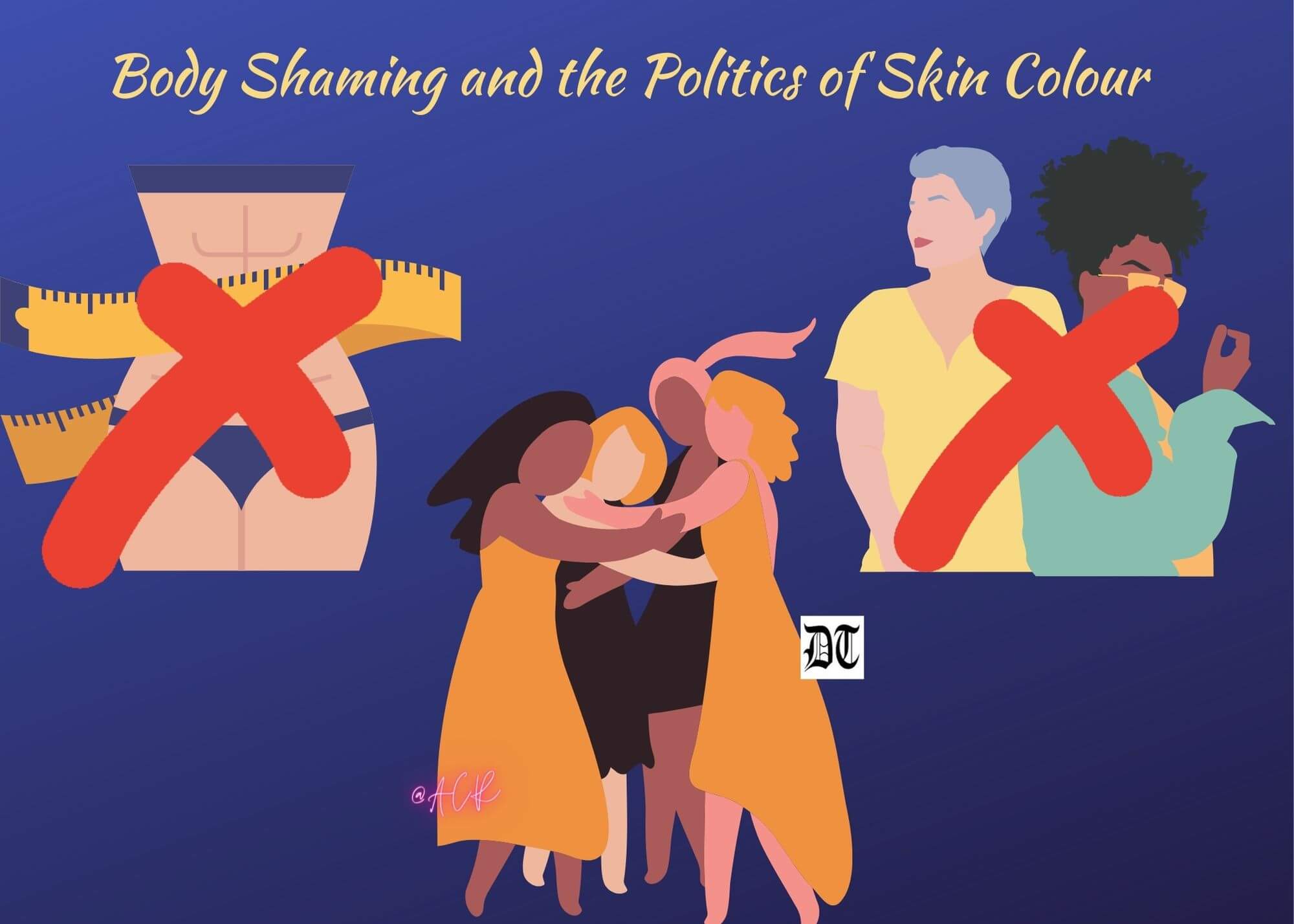Dr Ruby delves into psychology, examining human behaviour, self-complexities, external influences, ethical considerations, early experiences, and the dichotomy between real and ideal self, false self-formation and individuation transformation, exclusively for Different Truths.
Since the inception of psychology as a discipline, psychologists have always been intrigued by human behaviour in various settings. One human being in one setting behaves in one way, and the same person in another setting behaves in an entirely different way. The humanistic theorist Carl Rogers divided the self into two categories: the ideal self and the real self. The ideal self is the person that you would like to be; the real self is the person you are. Rogers focused on the idea that we need to achieve consistency between these two selves.
Self-expression helps people satisfy their real emotions and real selves.
Self-expression helps people satisfy their real emotions and real self. Another fact is that self-realisation and self-expression are amongst the highest needs on the human needs scale, and they affect human health. Human behaviour is based on and influenced by several factors, such as genetic makeup, culture, and individual values and attitudes.
Human behaviour can be overtly conscious but covertly unconscious and vice versa, rational, or irrational and voluntary or involuntary at both overt and covert levels and all these can be analysed from the point of view of ethics and morality. The self is a conceptual, organised, and coherent perception configuration of personal characteristics. It is a fundamental personality structure, and it is very complex.
In the parent-child interaction in childhood, parents who place high expectations on children suspect them towards working for parents’ self-esteem, and the child is therefore often aware of being judged and can internalise the continuous judgment on his own. This can diminish a child’s ability to distinguish between their real feelings and their efforts to please or impress others.
The ambiguous message of being appreciated, but only in a particular role that they play, can let the children believe that if their real feelings are discovered, they will be rejected and humiliated. Thus, the creation of the false self takes place, which can, therefore, stimulate only those aspects which are considered acceptable, according to what has been learned in the primary infant experiences. When his personal experiences are in contrast with the value conditions set by the parents, the child will perceive a discrepancy between the real self and external experience.
Alienation occurs when a person withdraws or becomes isolated from their environment or other people.
In such a scenario, the child will experience a state of inauthenticity, and this leads to an alienated state. Alienation occurs when a person withdraws or becomes isolated from their environment or other people. People who show symptoms of alienation will often reject loved ones or society. They may also show feelings of distance and estrangement, including their own emotions. The opposite of alienation is “connection”.

The self is not always in a state of connection because for various reasons and in this arduous task and struggle for existence, one tends to analyse people in a state of impulsiveness, poor self-control, being too critical with a demanding orientation as opposed to finding a true purpose in life, hampered self-realisation, alienated, confused and lonely. But the need for self-expression is still there. The best way to fulfil this need is: to hide and express!
One hundred and forty-two million fake profiles on Facebook and the subsequent cyberbullying are a testament to this! And there are hardly any easy ways to find them out. And here, a psychological phenomenon comes as a rescue to the person and people associate themselves with groups. The phenomenon involves losing your sense of self and simply conforming to the group norm because Self doesn’t seem enough! The phenomenon is termed “deindividuation”.
Deindividuation is the phenomenon in which people engage in impulsive, deviant, and sometimes violent acts…
Deindividuation is the phenomenon in which people engage in impulsive, deviant, and sometimes violent acts in situations in which they believe they cannot be personally identified in groups, crowds and on the Internet. The most striking feature of deindividuation is that one is faceless despite being physically present and one can vent out whichever way one wishes because one is submerged in the group. That makes one anonymous and almost unaccountable for one’s behaviour because everything is being carried out anonymously. Conformity is normal in group behaviour. But an otherwise not okay behaviour is believed to be okay in a group and this is called normalisation and it goes deeper than mere conformity.
Deindividuation is a characteristic of the individual in the crowd. It is a psychological state of decreased self-evaluation, causing anti-normative and disinhibited & unaccountable behaviour. It seeks to explain the apparent transformation of rational individuals into an unruly group or crowd. Deindividuation hinders reflection about the consequences of actions, rendering social norms impotent while increasing suggestibility to random outside influences and lowering guilt, shame, and fear.
A transition from individual identity to social dimensions of the self is signified by deindividuation.
A transition from individual identity to social dimensions of the self is signified by deindividuation. Most of the antisocial activities are carried out in groups (crowds, to be specific). It is quite normal to develop prejudices while being in a crowd. The literature suggests that deindividuation is believed to endanger self-regulation and break social norms. Deindividuation hides the evil elements, whether they be mob lynchings, gang rapes, atrocities committed during wartime, women paraded in public naked, or brutal mob beatings. Personal accountability is lost. Anonymity, suggestibility, and contagion can turn groups of people into so-called “psychological crowds” (Le Bon).
Individual crowd members become irrational and suggestible as a result of the crowd’s leader controlling them, enabling them to engage in anti-normative behaviour. As a result, the collective mind of the crowd becomes that of the individual. Both public and personal self-awareness is reduced. The diffusion of responsibility is at its peak.
The Buddhist doctrine believes that reduced self-awareness is the root cause of all sorrows because awareness helps align one’s perception of one’s self with the way things or truth are. Awareness is liberating and leads one towards one’s purpose in life—the first step toward becoming. And a connection with oneself starts getting established—the opposite of “alienation”.
Aggression and aggressive acts connote a loss of self-awareness and can never be justified, whatever the reason. These acts fall under the category of a major identity crisis, which is guided by the instant gratification agency of the mind. The person loses his or her ground the moment an aggressive act is carried out. A reduction in both public and private self-awareness can result in aggressive behaviour, but a significant reduction in private self-awareness can lead to genuine deindividuation (Prentice-Dunn & Rogers, 1982).
Apart from the legal consequences, the more grievous aspect is losing one’s credibility as a balanced human being.
Apart from the legal consequences, the more grievous aspect is losing one’s credibility as a balanced human being. After being part of such an act in a group, the pricking conscience, shame, and regular guilt trips may make the person vulnerable to various mental health issues because, at some point in life, realisation dawns, and that’s the law of nature!
Way back in the 17th century, Shakespeare conveyed very convincingly through his grotesquely violent plays like Titus Andronicus, King Lear, etc., that violence achieves nothing and has no real power! The characters lived the agony and left an important lesson behind.
Individuation, on the other hand, is about transformation. It means letting go of the defining characteristics that make up our identity for the sake of becoming something further enhanced by the self. The pain in this process is the pain of breaking through our limitations. The joy in the process is our increased capacity for living and feeling at home within ourselves and experiencing our wholeness.
The process by which each living organism transforms into its predetermined identity… is known as individuation.
The process by which each living organism transforms into its predetermined identity, regardless of its level of complexity, is known as individuation. Deindividuation is the perceived loss of identity and accountability that can occur when someone participates as part of a group. Individuation is the process by which an individual becomes distinct.
Individuation distinguishes one from everybody else. The word “individual” is a good clue to the meaning of individuation, which is how a being becomes an independent, separate entity. Self-concept, self-esteem, and self-efficacy all originate from individuation. The construct of individuation sounds quite like Maslow’s concept of “self-actualisation” and Rogers’ concept of “becoming”, the psychologists who propounded the Need Hierarchy Theory and Humanistic Psychology respectively.
Individuals cannot individuate while performing a role for themselves; therefore, they must be authentic.
Individuals cannot individuate while performing a role for themselves; therefore, they must be authentic. The convictions one has about oneself can act in two ways: they are the most subtle form of persona and secondly, the most subtle obstacle against true individuation. It’s a journey to integrate conscious and unconscious, light and dark, acceptable and unacceptable and the long-standing acceptance towards both sides and then working on the excesses as well as the deficits. Probably, this journey is called life!
As dark unveils the meaning of light, sadness phenomenalises moments of happiness and invisible solicits and longs visibility, the same way, fathoming deindividuation demystifies individuation – the concept that requires a separate, individual, and distinctive centre stage.
References:
Jung, C. G. (1934/1950). A study in the process of individuation. In The archetypes and the collective unconscious, CW 9i (pp. 290–354). London: Routledge & Kegan Paul, 1959.
Le Bon, G. (2009). Psychology of Crowds. Sparkling Books edition. Sparkling Books.
Maslow, A. (1943). A Theory of Human Motivation. Psychological Review 50, pp. 370-396.
Prentice-Dunn, S., and Rogers, R.W. (1982). Effects of Public and Private Self-Awareness on Deindividuation and Aggression. Journal of Personality and Social Psychology, 43, 503-513.
Rogers, C. (1961). On Becoming a Person. p. 350-1
Stevens, A. (1994). Jungian Psychology. Oxford University Press.
Picture design by Anumita Roy







